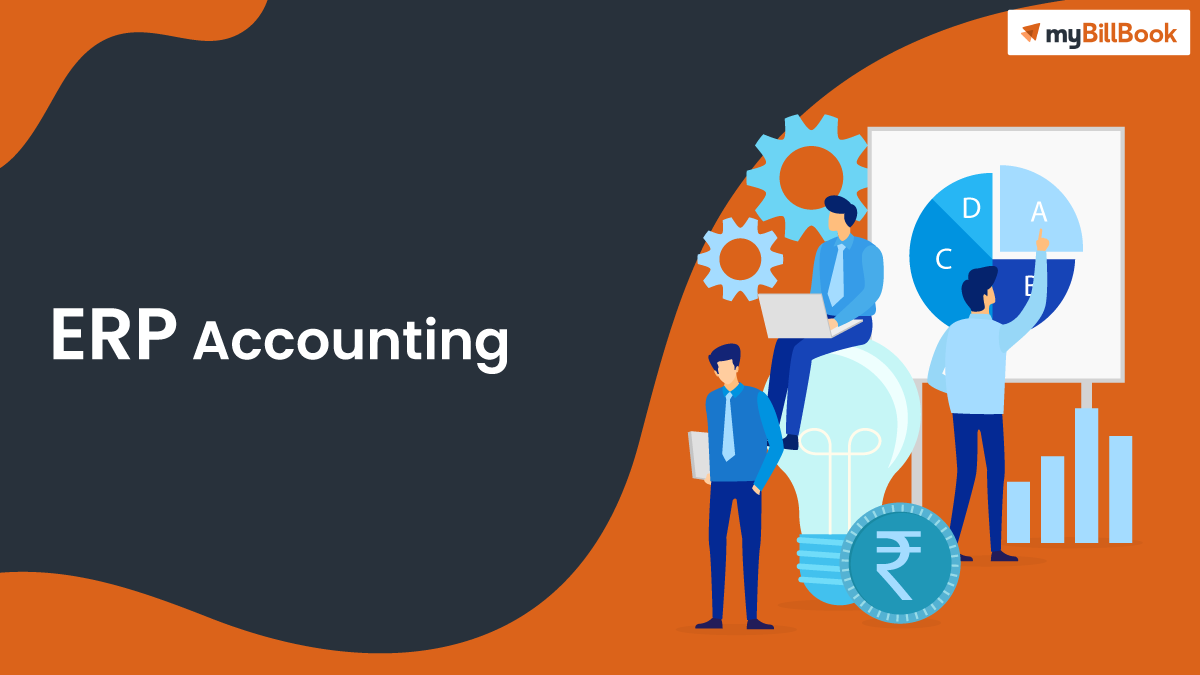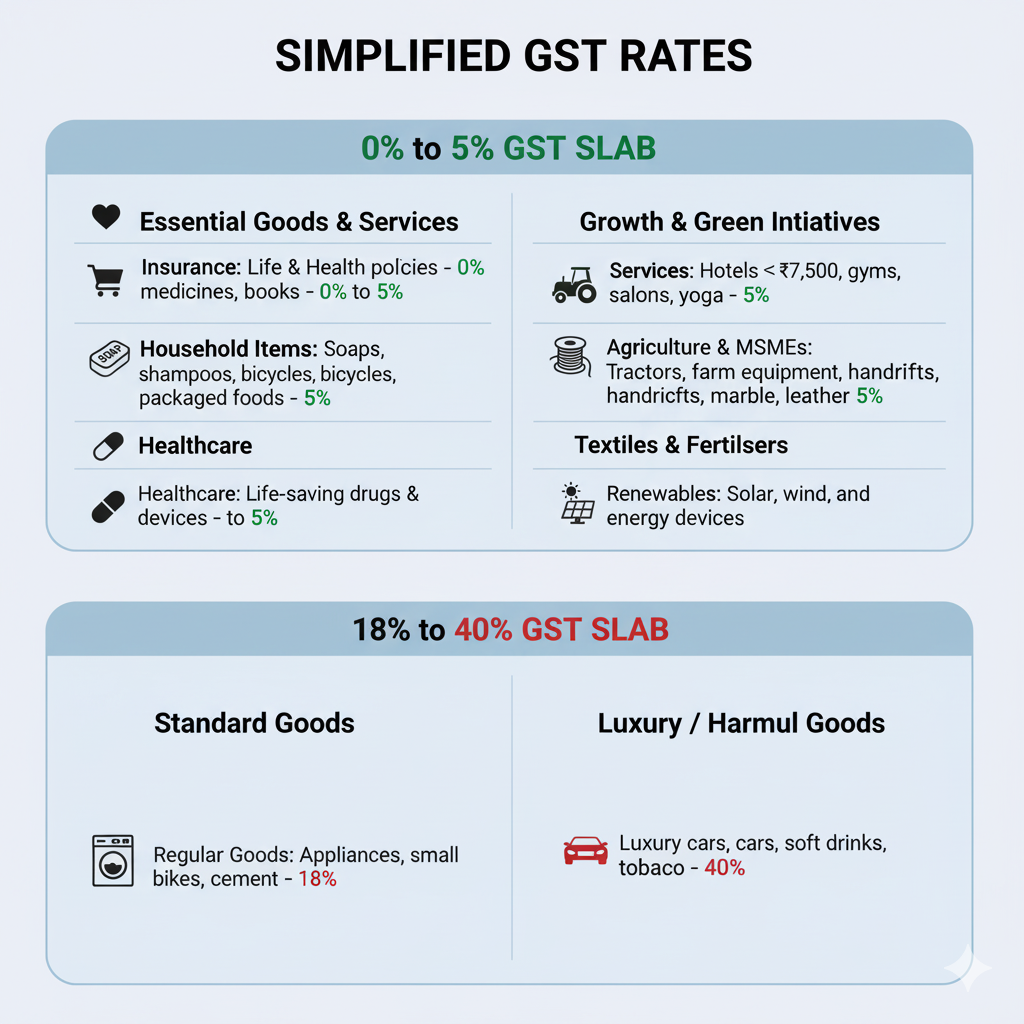ERP stands for Enterprise resource planning and is a crucial tool that every small and medium business should use. It is being used widely for efficient business management all over the world. ERP accounting is a much more advanced extension of accounting systems and software that can positively contribute to a business’s financial success.
If you wish to work on the scalability, profitability, efficiency, transparency, and effectiveness of your business, here is everything you need to know about accounting ERP systems.
Accounting ERP systems
It is essential to understand what accounting ERP systems are and how they contribute to a business’s growth and success. Accounting ERP systems can do everything an accounting software can do, including but not limited to handling orders, filing invoices, payments, timesheets, etc. In addition to that, they also perform functions similar to Customer Relationship Management (CRM) that contribute to the growth of a business.
These functions include tracking intangible business assets and tangible ones, considering human effort and skills, working hours, product life cycles, etc. With these functions combined with efficient accounting software, the accounting ERP system can be a blessing for any business.
By paying attention to the minutest details of your business through the information available in the form of data, accounting ERP solutions aim to optimise business performance with a thorough internal analysis. Accounting ERP systems are a part of the integrated solutions that revolutionise the way businesses have functioned worldwide.
Components of Accounting ERP system
In addition to the more advanced components, the following are the basic components that are available with almost all accounting ERP systems used by businesses:
Bookkeeping: Maintaining a journal and a general ledger to keep a real-time check on business transactions is the most fundamental component of every accounting ERP system.
Receivables and payables: You can track all your incoming and outgoing payments and receivables through an accounting ERP system in one place.
Assets: Keeping a check on your assets, both tangible and intangible, their lives, and productivity are essential components of any ERP system.
Reports and analytics: Data analysis to produce valuable insights for the improvement and growth of your business processes is the most critical ERP component. These analytics can include operations like supply chain management, financial management, customer relationship management, inventory management, human resource management, etc.
ERP vs Accounting Systems
To understand the difference between a regular accounting system and an accounting ERP system, it is essential to understand that businesses do not have to choose between the two. An accounting system helps consolidate all financial and bookkeeping information related to your business into usable documents. An accounting ERP system enables you to make sense of all that data through automated analysis and audit. It also considers intangible assets like human resource, life-cycle, payment collection cycle etc. and their impact on the business.
It is not for businesses to choose either of the two systems. An accounting ERP system is usually an advanced extension of a basic accounting system and usually comes with all features of an accounting system integrated.
The scope of an accounting system is limited compared to an accounting ERP system. AN ERP system can be designed to meet the needs of specific industries and is built of many more components than a business accounting system.
Features of Accounting ERP Systems
Following truths about the characteristics and features of an Accounting ERP software/system highlight the importance of the system for businesses:
Small, medium and large businesses can use it: Most small businesses think that they do not need an accounting ERP system for their business because they have a relatively small scale of operation. However, this is not true. With competition rising and technology developing rapidly, an efficient accounting ERP system can benefit businesses of all sizes.
It is an investment that pays for itself: Most businesses think that because accounting ERP systems are cloud-based and do not require any software or hardware to function, they are too costly, especially for small businesses. However, once small businesses use the system, they are sure to witness the monetary benefits of the ERP system and realise that it is worth the investment.
It is easy to integrate: The accounting ERP systems are simple to integrate, and they can blend well with your business’s existing systems. It might take a few days to integrate data, but it can save you more time than you invest in its integration with your business systems once it is done.
Why should you use myBillBook accounting ERP systems for your business?
myBillBook provides a cloud-based comprehensive system in addition to their various other accounting solutions to make sure that our clients do not miss out on the following benefits of using the accounting ERP system:
Comprehensive business reports: myBillBook has a premium feature that provides you with multiple reports about different functions of your business instantly. This means that you do not need a specialised professional, and the long wait for year-end reports to analyse your business functions and take corrective measures to achieve your business goal. In addition to providing you consolidated financial data, these reports also delve into other important aspects of your business like inventory, expense categories, human resources etc.
Increased productivity: By automating some of the most crucial processes in a business cycle, you can focus more on your core offering and increase internal productivity. In addition to that, with myBillBook, you can also manage your inventory, receivables, and payables all in one place. You can also set reminders to collect or pay bills and restock inventory to ensure your business does not suffer on that account.
Fast and accurate: With the accounting ERP systems of myBillBook managing most of the data and entries, you can be sure of minimal errors and speedy operations. Save your time and get accurate work done with myBillBook!
Values the intangible: The most ignored yet valuable components of a business are the intangibles that help make the best of the tangibles. With myBillBook accounting ERP system, make sure you do not miss out on harnessing the best out of your business’s most pivotal intangibles.
Data safety and backup: All your data is automatically backed up on a cloud and is encrypted to protect sensitive information about your business. This means that only you can access the information on the myBillBook accounting ERP system and access it at your convenience from anywhere.








